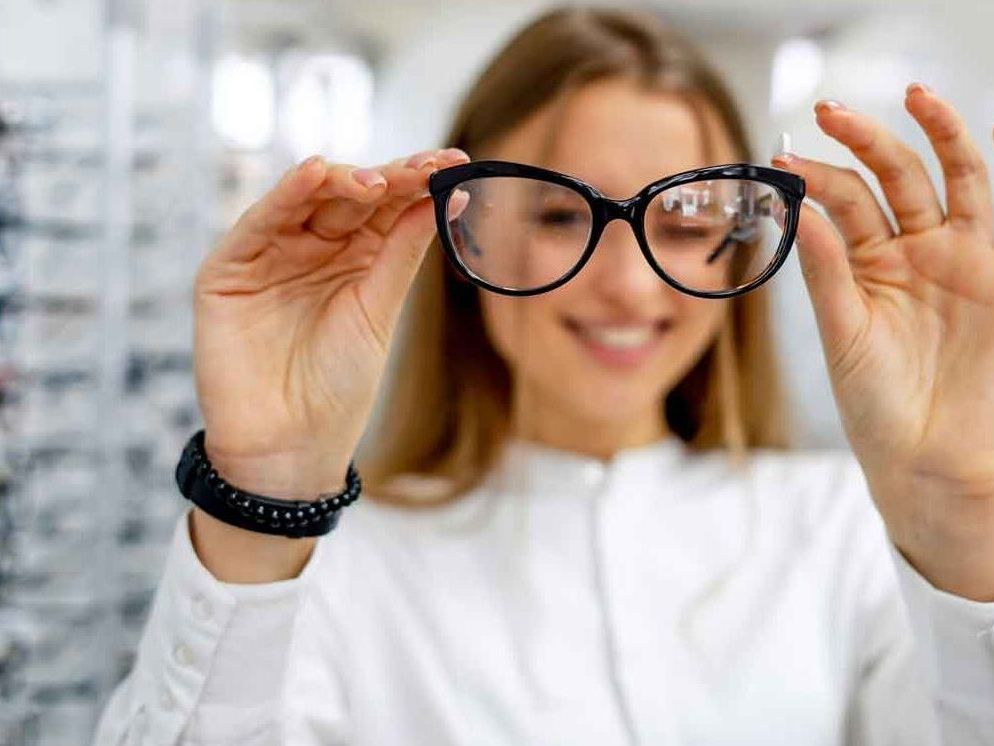
19/01/2023 0 Comments
Your optician questions answered
Grant's Temple Bar Opticians remains one of Dublin's most established opticians. Located in the heart of the city's bustling centre, we have helped hundreds of clients find the right lenses for their unique needs. Our suite of services includes designer and specialist frames for employment and sports. Due to us being so established, our clients often ask us opticians-specific questions. Therefore, for our client's convenience, we gathered some of these questions and added comprehensive answers below.
Why do opticians dilate pupils?
Optometrists dilate pupils to examine the retina, optic nerve, and other structures inside the eye. Dilation is achieved by using eye drops that cause the pupils to widen, which allows the eye care professional to see more of the eye's internal structures. This is essential to a comprehensive eye exam and can help detect eye diseases such as glaucoma, cataracts, and age-related macular degeneration.
What can opticians detect?
Opticians can detect many eye conditions and diseases during a comprehensive eye examination. Some of the things they can detect include the following:
- Refractive errors, such as nearsightedness, farsightedness, and astigmatism.Presbyopia a condition that affects the ability to focus on close objects as we age.
- Cataracts, which are cloudy areas in the lens of the eye that can cause vision loss.
- Glaucoma a condition in which the pressure inside the eye is too high, which can damage the optic nerve and lead to vision loss.
- Age-related macular degeneration is a condition that affects the central part of the retina and can cause difficulty seeing fine details.
- Diabetic retinopathy, a condition that occurs in people with diabetes and can cause damage to the blood vessels in the retina.
- Retinal detachment a serious condition that occurs when the retina separates from the back of the eye.
- Other eye diseases and conditions, including dry eye, conjunctivitis and blepharitis.
- Optometrists will also check for any signs of general health issues impacting the eyes, such as high blood pressure and diabetes. They will also assess their patient's visual needs, such as those of children and their need for glasses and/or contact lenses.
What do opticians look for in your eyes?
During a comprehensive eye examination, opticians will look for many things in the eyes. Some of the things they will check for include the following:
The external structures of the eyes, such as the eyelids, lashes, and conjunctiva. They will look for any signs of inflammation, infection, or injury.
The pupils and their reaction to light. They will check for any signs of anisocoria – when one pupil is larger than the other.
The cornea is the clear front surface of the eye. They will check for any signs of corneal abrasions, ulcers, or other damage.
The lens is the part of the eye that helps focus light on the retina. They will check for any signs of cataracts or cloudy areas in the lens that can cause vision loss.
The retina is the light-sensitive layer of tissue at the back of the eye that sends visual information to the brain. They will check for any signs of retinal detachment, diabetic retinopathy, age-related macular degeneration, or other conditions that can cause vision loss.
The optic nerve carries visual information from the retina to the brain. They will check for any signs of optic nerve damage, which can be caused by glaucoma or other conditions.
The blood vessels in the retina. They will check for any signs of diabetic retinopathy, hypertension retinopathy or other conditions that can cause damage to these blood vessels.
They will also check for any signs of strabismus or amblyopia (lazy eye) in children.
They will also check visual acuity, the sharpness of vision, and refractive error like nearsightedness, farsightedness, and astigmatism.
Who regulates opticians?
The Opticians Board regulates opticians. The Opticians Board is a statutory body established under the Opticians Act 1989. The Board's primary function is to protect the public by ensuring that only those qualified and fit to practice as optometrists are registered and that they maintain the necessary standards of professional conduct and competence.
Please get in touch with our Dublin opticians or schedule a consultation today if you have any more questions.

Comments
Leave a comment